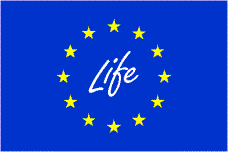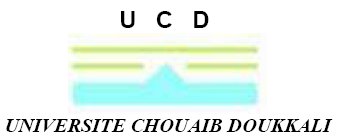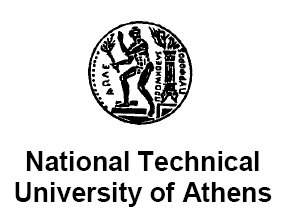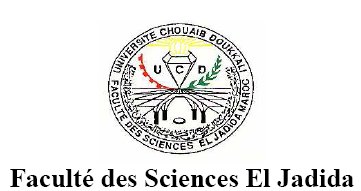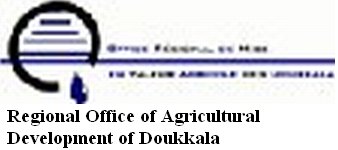
Design and Application of an Innovative Composting Unit for the Effective Treatment of Sludge and other Biodegradable Organic Waste in Morocco
Life-Third Countries Project co-funded by the European Community
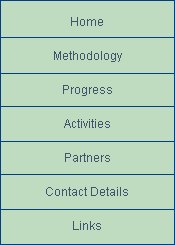
International Conference on
Sustainable SludgeManagement
The Project is co-funded by
the Life Third Countries programme of the European Community
MOROCOMP website
Select Language
![]()
![]()

LIFE05 TCY/MA/000141
MOROCOMP is a Life-Third Countries Project co-funded by the European Community with title “Design and Application of an Innovative Composting Unit for the Effective Treatment of Sludge and other Biodegradable Organic Waste in Morocco” with benefiting country that of Morocco. The basic aim of this project is to develop and establish an innovative composting system for the treatment of sludge and other biodegradable organic waste (BOW) in Morocco in order to enable the operators and National Authorities to treat, control and use the sludge and other BOW effectively and in consistence with the European Environmental Policy. The implementation of MOROCOMP will protect the water-bodies and soil from untreated and uncontrolled sludge disposal in order to promote the protection of public health and the environment in Morocco. At the same time, the use of treated sludge and other BOW as soil improver will prevent the use of chemical fertilizers and subsequently protect arable land from degredation and the surface and ground water from contamination of groundwater. This composting system will be used as a pilot-demonstration unit for further applications in large-scale plants in Morocco and in European geographical areas with similar characteristics and facing similar problems.
The beneficiary of this project is the University of Chouaib Doukkali (www.ucd.ac.ma/fs/), while the partners are the National Technical University of Athens (www.ntua.gr) and the Regional Office of Agricultural Development of Doukkala. The total duration of the project is 24 months starting from February 2006.
|
|
|
|

